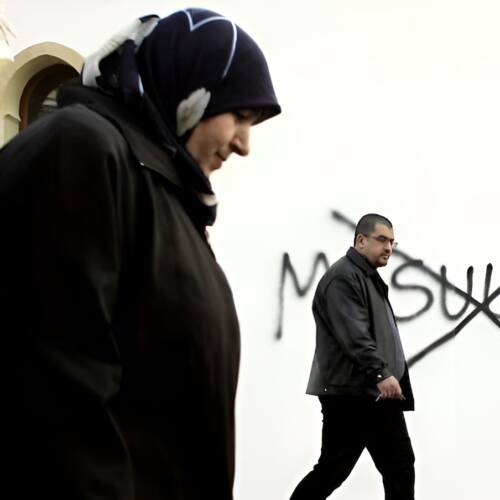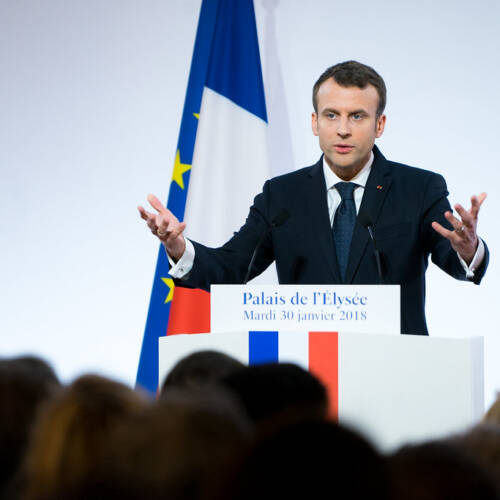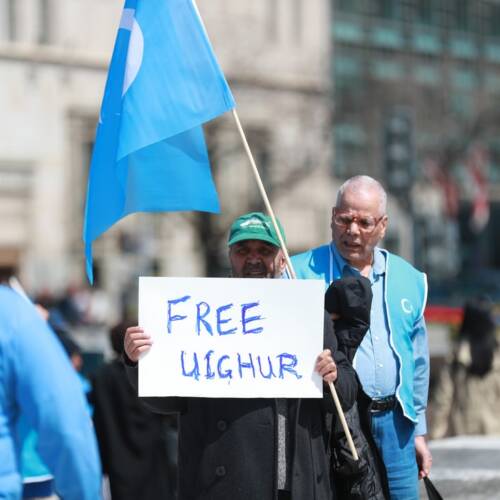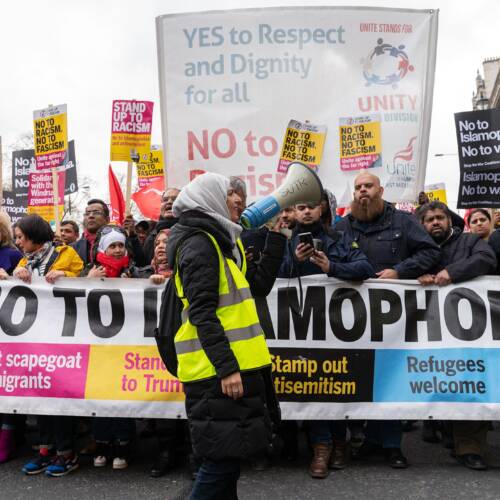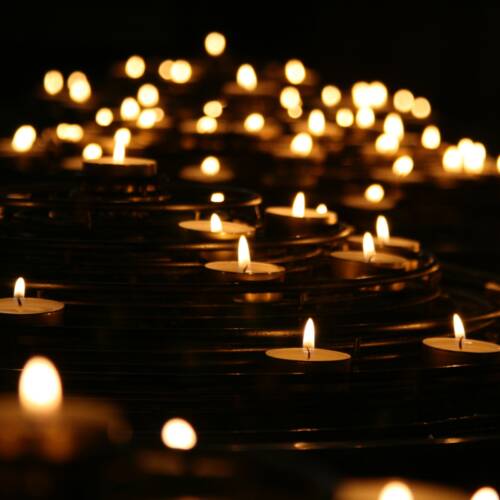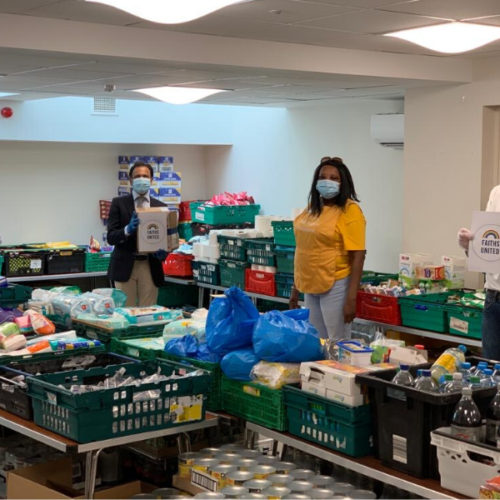
Have Face Masks Altered The Experiences Of Muslim Women Who Wear The ‘Niqab’?
15 Apr 2020The sudden acceptance of face masks and face coverings, as a form of protection from COVID-19 is possibly the most ironic thing to happen during this pandemic. Many of the same Western countries encouraging the use of the masks have been known to impose restrictions or ban many Muslim women from wearing face veils or ‘niqabs’. Surprisingly, covering the face is no longer a security threat and no longer impedes communication as many Muslim women have been told for a while now…
Amid rising cases of coronavirus, models in the February Paris fashion Week, wore a range of outfits with matching face masks.

Some of these garments completely covered the face, leaving only two small openings for the eyes. I don’t know about you, but personally I think many of these garments have an uncanny resemblance to the niqab, which (by the way) France was the first European country to ban.

Although the niqab is not required in Islam, it is recommended in some interpretations, which explains why some Muslim women choose to wear it. It consists of a face veil, often paired with a loose garment that conceals the shape of the body. The issue of the niqab has raised controversy throughout Europe for a while now.
Following France, many far-right parties throughout Europe have put forward full-face veil bans. Belgium introduced the law in July 2011, claiming that any clothing which hides the identity of a wearer shouldn’t be permitted. A similar law was enacted in the Netherlands in 2016, under the influence of anti-Islamist Geert Wilders’ Freedom party. A ripple effect was seen throughout Europe with Austria, Italy and Denmark implementing similar policies.
This week, many Americans have begun using face masks following the advice of officials who have advised citizens to do so. This has been confusing for many, as the masks have made it harder for people to socialise and communicate.
But, for Muslim women who choose to wear veils, the unexpected turn of events has had a surprising effect. According to a 2017 American study, 85% of Muslim women who wear Islamic dress reported verbal violence, and 25% had experienced physical violence. 80% percent of niqab wearers in Britain also reported to have also experienced verbal or physical abuse. The increase in use of face coverings throughout the West, however, has meant a decrease in the rejection and abuse niqab wearers usually experience.
Muslims wearing face veils have experienced a significant difference in the way they are perceived, as a result of the situation. With ordinary social norms and interactions affected due to the crisis, it is no surprise that many Muslims feel more comfortable and less judged for their religious dress.
Yes, this is a positive advancement for many Muslim women who choose to wear face veils, as this could make many more accepting of this form of dress. But the sudden encouragement of face coverings, which came after the Islamophobic measures implemented by officials to ban the similar Islamic form of dress, seems quite contradictory. Is covering the face only an issue when it comes to Muslim women, who feel a closer spiritual connection when doing so? Can right-wing officials really convince us that niqabs are a huge security threat and continue to limit religious expression?
The pandemic has highlighted what many Muslims already know: the banning of the niqab and face veil is a hugely Islamophobic issue, that limits the freedom of Muslims in the West.
Whatever the case, at least we can say that the global pandemic that swept the world has had some positive effect on the experiences of some Muslim women.





